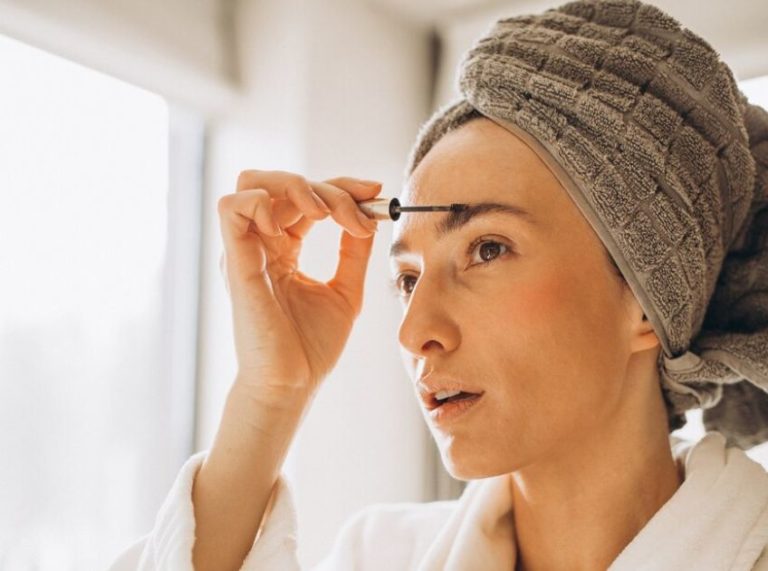
Important: This article is for informational purposes only. Please read our full disclaimer for more details.
Winters and long hot showers go hand in hand. At the same time, it feels surreal to enter a hot water bathtub and soak for a good period, especially when you had a long and tiring day. Likewise, a hot shower feels very relaxing and soothing after a workout session.
Even though a steamy shower could feel very calming to the soul, is it the same for the body and hair? During winter, when bearing the chilling water on the head seems difficult, people tend to use hot water to wash their hair. But does hot water damage your hair?
Let’s dig into that topic and find out more.
Does Water Temperature Affect Hair?
Washing your hair every 2-3 days or more weekly is very important for general hair health and hygiene. People like to wash their hair with hot water when they have to remove thick oil, dirt, grime, or even petroleum jelly from their hair.
Hot water helps unclog the hair follicle more adequately than cold water. It helps open the pores of the hair, allowing products like shampoo and conditioner to penetrate the pores and work better. In this way, hot water seems more beneficial for hair washing than cold water. But still, there is a fuss about hot water damaging hair, and here’s why-
- Strips off natural oil from the hair shafts.
- Makes the hair roots weak.
- Makes the scalp dry, causing dandruff.
Using hot water to wash hair can damage and weaken the roots of the hair, which could eventually result in hair fall. At the same time, it makes your strands dry, brittle, and fuzzy, impairing the natural texture of your hair.
Even though hot water definitely helps in unclogging the excess sebum from the hair follicle but daily use also results in eradicating the hair of its natural oils. It makes the hair become dry and dull. The high temperature of water also makes the hair and scalp dry. A dry scalp can further result in dandruff and itching.
How Hot Water Affects Hair Health

Our hair is comprised of three layers namely, cuticle, cortex and the medulla (1). Cuticle (2) is the outermost layer of the hair that protects the inner layers of the hair that transmits the luster and shine to the hair.
When you use hot water for washing hair, it messes up the cuticles and exposes the inner layers to damage. At the same time, the high temperature of water removes the natural oil from the hair, making it dry and dull.
The constant use of hot water negatively affects hair health and contributes to hair fall, dry scalp, dandruff, and itching.
What Is the Right Temperature of Water for Hair Wash?

During winter, we cannot tolerate even a drop of cold water on our bodies, let alone washing our hair with it. There has to be a solution comprising the quality that should not negatively affect the hair and not be cold enough to hurt our head.
The solution is lukewarm water. You can switch from hot to lukewarm water showers in winter that will not impact hair’s health and provide warmth as well.
The temperature of lukewarm water is moderate, usually between 37 to 40 degrees Celsius. At this temperature, the water is neither hot nor cold but tepid. It will be slightly warmer than the room temperature but not hot enough to cause any hair damage. Lukewarm water is suitable for various uses, among which washing hair, face, dishes, etc. are prominent.
Lukewarm water is comforting enough to not cause any discomfort or make you feel cold. So, it is the best for washing hair, irrespective of season.
Conclusion
The perfect winter shower is where you find the perfect balance between hot and cold water. Such a temperature would benefit both the body and hair. Using hot water to wash hair is the main culprit of dandruff in winter. Washing with the right temperature of water will lead to healthy, soft, shiny, and more manageable hair.
So, the answer to the most common query, especially among people with dry hair– does hot water damage your hair? Yes, it does! To prevent it, use lukewarm water at 37 and 40 degrees Celsius instead of hot water to keep your hair sanity intact.
Image Source : canva
Related Articles
- What Happens If You Burn Your Hair With A Lighter?
- Does Wearing a Hat Damage Your Hair?
- Do Perms Cause Hair Loss & Hair Damage?
















